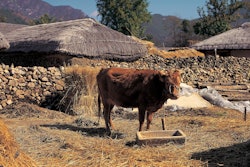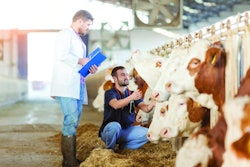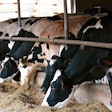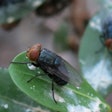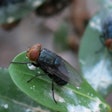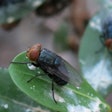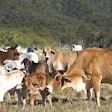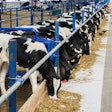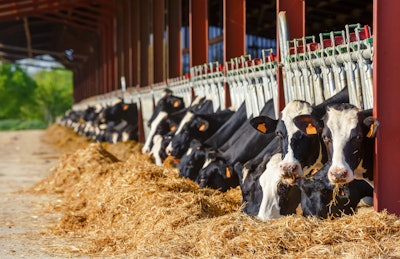
The University of Missouri (MU) Extension dairy team cautions producers to practice elevated biosecurity in light of a recent disease outbreak in Texas dairy country, in and near the Texas Panhandle from Dalhart to Lubbock. While the source of the outbreak is unknown, it has affected several Texas dairy farms, observable through sudden decreases in milk production (up to 30 pounds per day), reduced feed intake and changes in manure consistency.
“Cows exhibiting symptoms are often mid-lactation, in second or greater lactation,” said Reagan Bluel, MU Extension dairy field specialist. “Milk has often been misdiagnosed as mastitis in the beginning as it becomes thick in consistency. Manure changes as the rumen motility decreases, varying from dry to tacky stools.”
While very few animals have died because of this undiagnosed condition, many have been culled when they don’t rebound in milk production.
“Veterinary professionals are working closely with producers in Texas to learn more about this disease and will release information as it becomes available,” said Scott Poock, MU Extension state dairy veterinarian. “Meanwhile, we encourage Missouri dairy producers to practice the utmost caution if purchasing animals from the panhandle region of Texas and insist vendors, fieldmen and nutritionists thoroughly sanitize equipment and vehicles before coming on-farm and when leaving.
“Along with those guidelines, requiring clean clothes and wearing rubber or disposable boots will mitigate potential problems. Likewise, keep a record of anyone that visits your farm to be able to trace any source.”
The Texas Animal Health Commission, U.S. Department of Agriculture and Texas A&M Veterinary Diagnostic Lab are working on cases with dairy veterinarians in the affected areas.
Producers should contact their veterinarian immediately if their herd exhibits any of the symptoms listed above.
Additional resources are offered through the Missouri Department of Agriculture’s Secure Milk Supply program. State veterinarian Steve Strubberg and the agriculture department are monitoring the situation and will release information as it becomes available.


